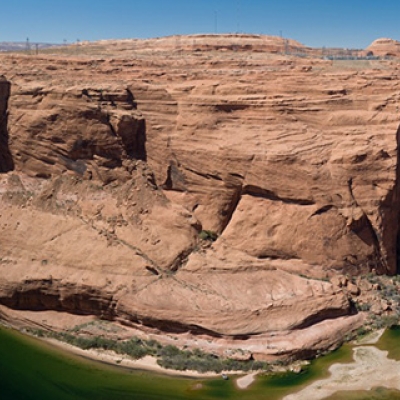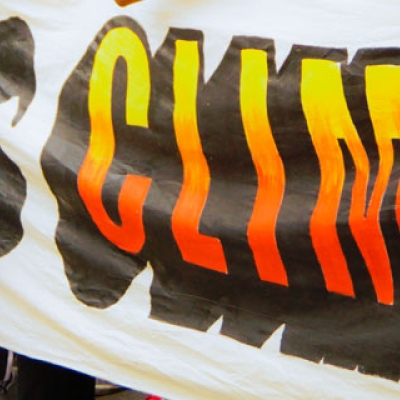
The Bipartisan Climate Solution: A Tax Swap
By Emil H. Frankel, Keith Kozloff / On July 21st, 2016
You wouldn’t know it from today’s polarized politics, but protecting the environment used to be a bipartisan effort. There were, of course, the path-breaking conservation achievements of Theodore Roosevelt, a Republican. And, in the 1970s through the 1990s major federal environmental legislation – the National Environmental Policy Act, the establishment of the Environmental Protection Agency and the Council on Environmental Quality, the Clean Air Act and Clean Water Act – occurred under Republican administrations in cooperation with Democratic Congressional leadership.







